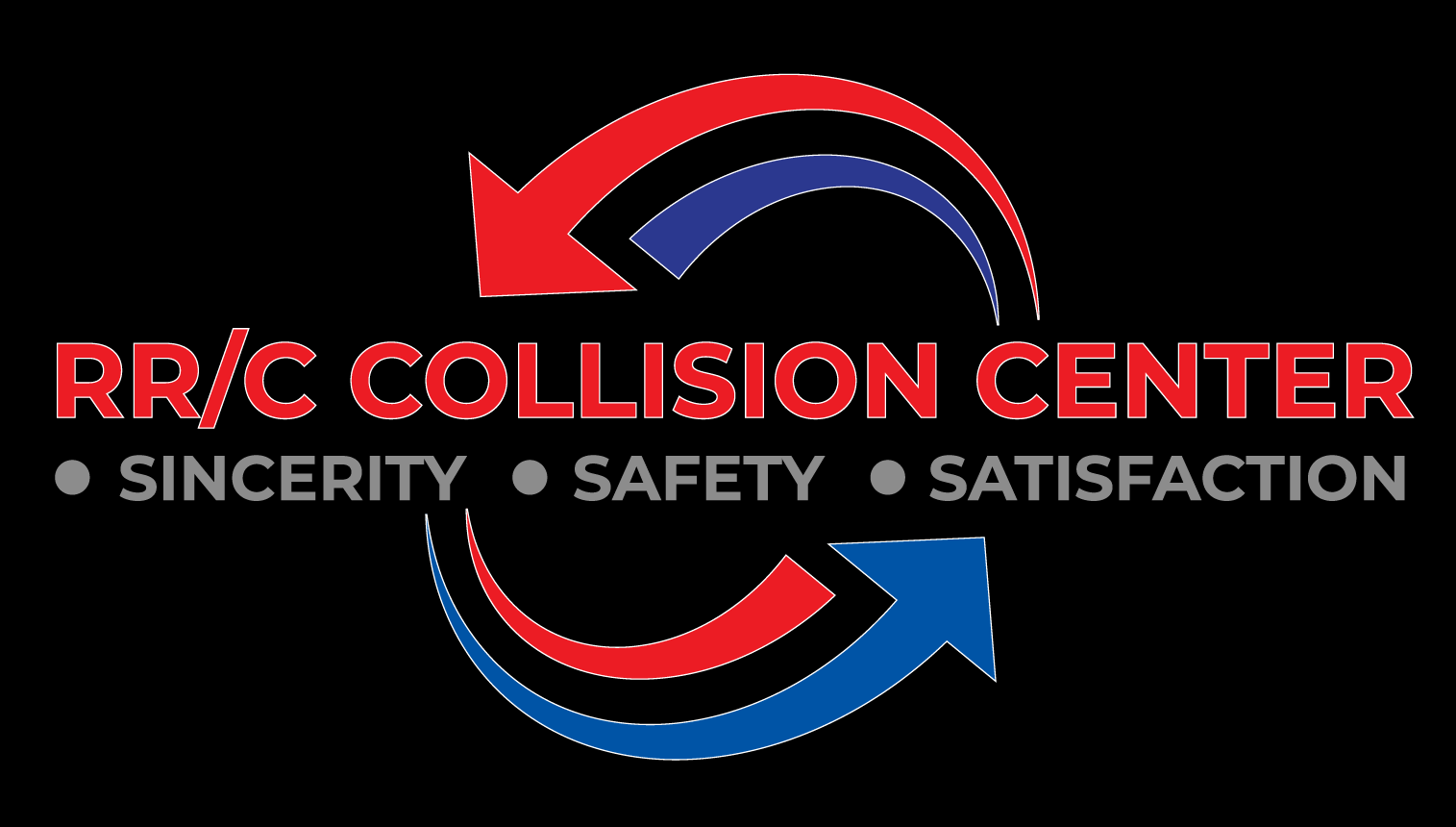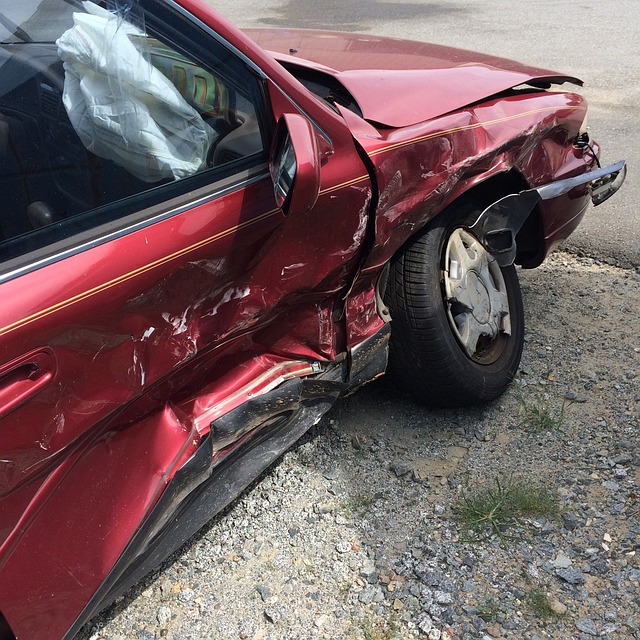Getting into a car accident is a traumatic experience, and the aftermath can be overwhelming. After making sure everyone involved is safe and contacting the authorities, the next step is to assess the damage to your vehicle. In some cases, the damage is so severe that your car is considered “totaled” and not worth repairing. But how can you tell if your car is totaled or not? In this article, we’ll go over the common signs that indicate your car is totaled after an accident.
Before we get into the nitty-gritty of figuring out if your car is totaled or not, it’s important to understand what that even means. In a nutshell, a car is considered “totaled” when the cost of repairs exceeds a certain percentage of the car’s value. This percentage varies by state and insurance company, but it’s typically around 70-80% of the car’s pre-accident value. If your car does end up being totaled, your insurance company will likely offer you a settlement based on the car’s value before the accident.
Common Signs Your Car is Totaled
So, how can you tell if your car is totaled after an accident? Here are some common signs:
- Severe damage to the frame: If the frame of your car is bent or cracked, it’s likely that your car is totaled. The frame is the backbone of your car and is essential for maintaining the structural integrity of the vehicle. Repairing a bent or cracked frame can be more expensive than the car’s actual value, so it’s often not worth it.
- Airbag deployment: If the airbags in your car deployed during the accident, it’s a strong indication that the damage is severe enough to total the car. Airbags are designed to deploy when the car experiences a significant impact, and their deployment can cause expensive damage to the vehicle.
- Damage to the engine or transmission: If the engine or transmission is damaged, the cost of repairs can quickly add up. In some cases, it may be more cost-effective to replace the entire engine or transmission, which can be more expensive than the car’s value.
- A significant amount of damage to the body: If the body of the car is significantly damaged, it can be difficult and expensive to repair. In some cases, it may be necessary to replace large portions of the body, such as the doors or roof, which can be more expensive than the car’s value.
Remember, even if your car looks like it’s in decent shape after an accident, there could still be underlying damage that could deem it totaled. It’s always best to have a professional assess the damage and make the call.
Other Factors that Affect The Decision to Total a Car
Aside from the signs we’ve mentioned, there are other factors that can come into play when deciding whether or not a car is totaled after an accident. Here are some examples:
- Age of the car: If your car is on the older side and has a lot of mileage, it may be more likely to be totaled. This is because the cost of repairs may end up being more than the car is actually worth.
- Availability of parts: If the parts needed to repair your car are rare or expensive, it may make more sense to just total the car altogether. This is because the cost of the parts plus the cost of labor can quickly add up and exceed the value of the car.
- Insurance policy: The specific terms of your insurance policy can also play a role in whether or not your car is totaled. Some policies have lower thresholds for totaling a car than others, so it’s important to check your policy and understand what your options are.
Keep in mind that the decision to total a car isn’t always cut and dry. It’s important to have a collision professional assess the damage and weigh the costs before making any decisions.
What to Do if Your Car is Totaled
If your car has been deemed totaled, don’t panic! The first step you should take is to contact your insurance company and file a claim. They’ll then send an adjuster to assess the damage and determine the value of your car. Based on their assessment, they’ll offer you a settlement amount.
It’s important to keep in mind that the settlement amount may not be enough to cover the cost of a new car, especially if you had an older or less valuable car. In this case, you may need to look into other options like purchasing a used car or financing a new car. It’s always a good idea to do some research and compare prices to find the best deal.
If you still have a car loan, things can get a little trickier. The insurance settlement will go to your lender to pay off the remaining balance of your loan. If the settlement amount is not enough to cover the full amount of your loan, you’ll be responsible for paying the difference out of pocket.
Dealing with a totaled car can be stressful, but with the right information and resources, you can navigate the process with ease. Don’t hesitate to reach out to us for guidance and support.
Frequently Asked Questions (FAQs):
- Can a car be totaled if it’s still drivable?
- Absolutely! A car can be considered totaled even if it’s still drivable. The decision is based on the cost of repairs compared to the car’s value, not on whether or not it’s still able to be driven.
- Can you negotiate a total loss settlement with your insurance company?
- Yes, you can! If you feel that the settlement amount offered by your insurance company is too low, you can provide evidence to support your claim. For example, if you’ve recently had repairs or maintenance done on the car, you can provide receipts to show that the car was in better condition than the adjuster assessed.
In conclusion, knowing the signs that indicate a totaled car can help you make an informed decision about your next steps after an accident. If your car is totaled, it’s crucial to contact your insurance company and explore your options for purchasing a new car. Remember that the decision to total a car isn’t always black and white, so it’s important to have a professional assess the damage and weigh the costs. We are here to help if you need.

